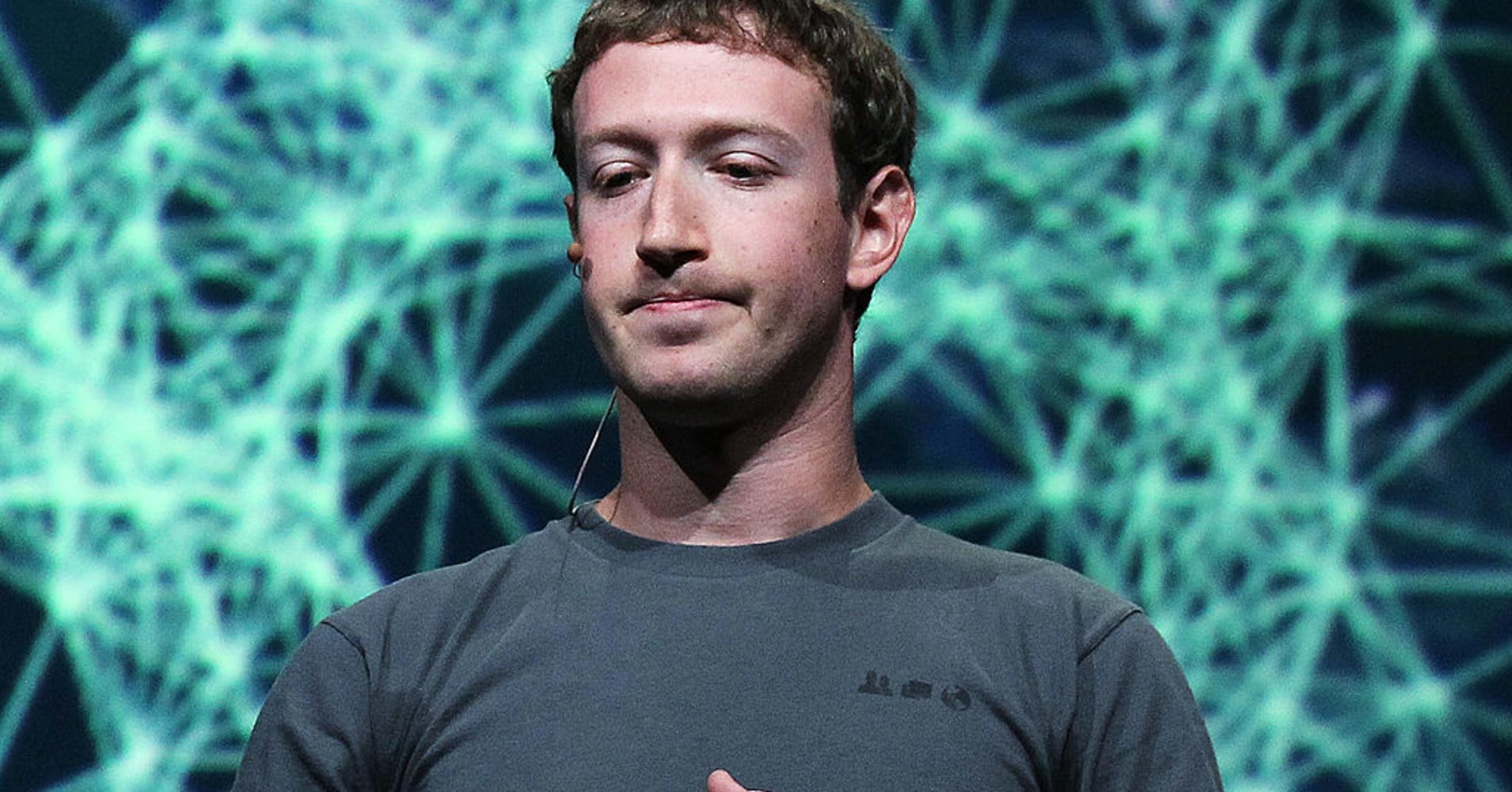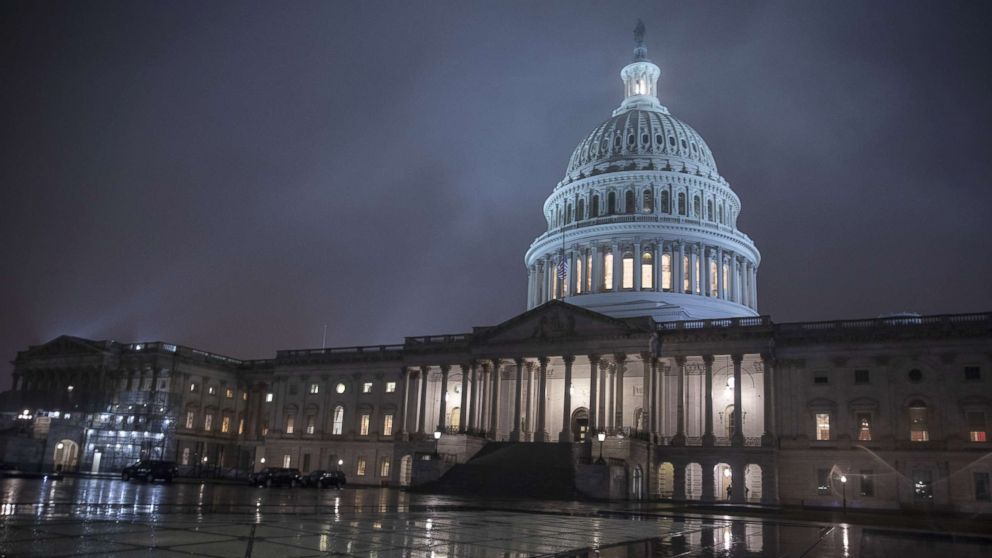
Facebook is bidding farewell to a year plagued by privacy scandals and internal turmoil. On the last trading day of 2018, the stock closed at $131.09 per share, down 25.7 percent for the year. The stock ended the year lower than the previous one for the first time since its debut on the public market in 2012.
In 2018, a series of events soured public opinion on a company that has long prided itself on connecting people to one another. A movement to #deletefacebook trended on rival social media platforms, the company’s top executives were asked to testify in front of legislators from around the globe and the heads of two of Facebook’s most successful brands, Instagram and WhatsApp, stepped down. Investors took notice. Facebook’s market cap closed 2018 around $376 billion compared to nearly $513 billion the previous year.
Prior to some of the major privacy revelations, Facebook’s stock hit its first speed bump of the year in January after announcing changes to its News Feed that would prioritize content from users’ friends and family over brands they follow. Facebook’s stock plunged 4 percent the day after the announcement after CEO Mark Zuckerberg warned investors to expect engagement to decline slightly as a result of the change.
The stock really began to tumble in March when a whistleblower revealed that U.K.-based political consulting firm Cambridge Analytica collected the data of more than 50 million Facebook users without their permission and used it to target voters for Donald Trump’s campaign in the 2016 U.S. presidential election. The reports, which would prove to be the first of many privacy stumbles for Facebook, sent the stock crashing 7 percent on March 19, with its market value cratering nearly $36 billion.
Many users, feeling burned by Facebook for failing to protect their data, pledged to delete their accounts. Brian Acton, the co-founder of WhatsApp who joined Facebook by way of acquisition and announced his departure in 2017, tweeted to his 21,000 followers, “It is time. #deletefacebook.”
Acton’s departure from Facebook was followed by 10 more top executives including his own co-founder, Jan Koum. The stock fell almost 1 percent when Koum announced his departure. In September, Instagram’s co-founders Kevin Systrom and Mike Krieger announced that they would leave Facebook, sending the stock down about 0.3 percent the next day.
Facebook’s leaders, Zuckerberg and Chief Operating Officer Sheryl Sandberg, each testified in front of U.S. Congress in 2018 to explain their missteps and appeal to legislators who may be keen on regulating the social media giant. Facebook shares fell nearly 5 percent on March 27 when reports said Zuckerberg agreed to testify in front of Congress. In September, Sandberg appeared before lawmakers, sending the stock tanking close to 8 percent between Aug. 31, the trading day Sandberg released her opening statements, and Sept. 6, the day after the hearing. Facebook’s market value fell by $38 billion over that same period.
Just before Thanskgiving, Facebook was hit with another blow when the New York Times reported that Facebook used a PR firm called Definers to target liberal financier George Soros after suspecting him for funding an anti-Facebook group. After the report came to light, Facebook said it cut ties with Definers. Facebook’s share price slid share close to 9 percent from its close on Nov. 14 to its close on Monday following the report.
Zuckerberg has a tradition of making public his New Years Resolutions. In the past, he’s chosen to wear a tie every day and to only eat meat that he’s killed himself. This year, he took on a more sober challenge in a post on his public Facebook page.
“For 2018, my personal challenge has been to focus on addressing some of the most important issues facing our community — whether that’s preventing election interference, stopping the spread of hate speech and misinformation, making sure people have control of their information, and ensuring our services improve people’s well-being. In each of these areas, I’m proud of the progress we’ve made,” Zuckerberg wrote, listing out a number of initiatives the company has taken on to tackle these issues. “I’m committed to continuing to make progress on these important issues as we enter the new year.”
Watch: Social media detox — why quitting Instagram and Facebook made me happier

